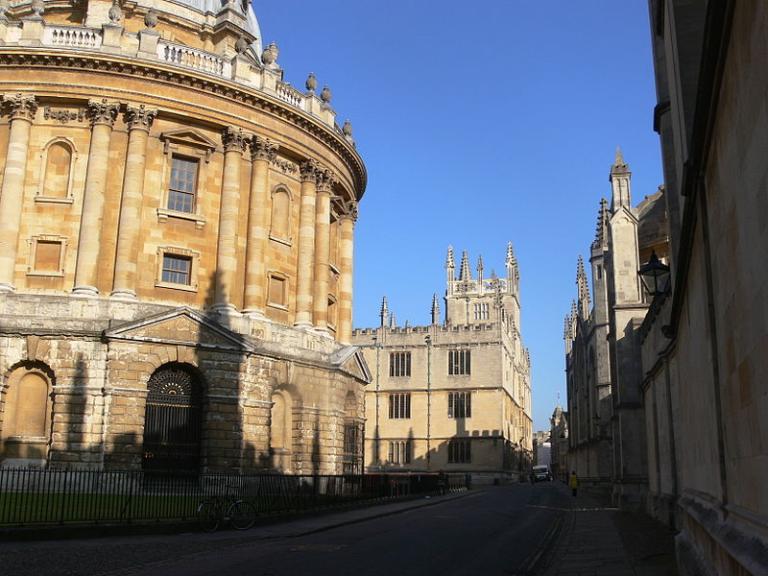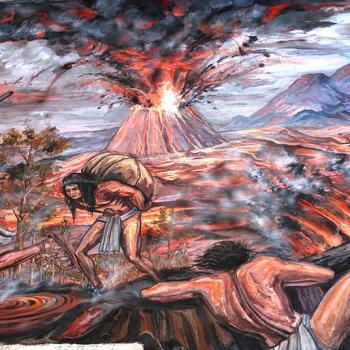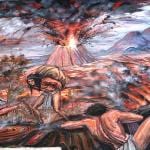
I’ve written previously about the prodigiously prolific Oxford scientist and theologian Alister McGrath, for whom I have enormous admiration. (See here, for example.)
I’ve just begun to read Alister McGrath, The Big Question: Why We Can’t Stop Talking about Science, Faith and God (New York: St. Martin’s Press, 2015). Here are some passages from its early pages:
Science is wonderful at raising questions. Some can be answered immediately; some will be answerable in the future through technological advance; and some will lie beyond its capacity to answer — what my scientific hero Sir Peter Medawar (1915-87) referred to as “questions that science cannot answer and that no conceivable advance of science would empower it to answer.” What Medawar has in mind are what the philosopher Karl Popper called “ultimate questions,” such as the meaning of life. So does acknowledging and engaging such questions mean abandoning science? No. It simply means respecting its limits and not forcing it to become something other than science. (3)
He turns to the writing of the Spanish philosopher José Ortega y Gasset (1883-1955):
Any philosophy of life, any way of thinking about the questions that really matter, according to Ortega, will thus end up going beyond science — not because there is anything wrong with science, but precisely because its intellectual virtues are won at a price: science works so well because it is so focused and specific in its methods.
Scientific truth is characterized by its precision and the certainty of its predictions. But science achieves these admirable qualities at the cost of remaining on the level of secondary concerns, leaving ultimate and decisive questions untouched.
For Ortega, the great intellectual virtue of science is that it knows its limits. It only answers questions that it knows it can answer on the basis of the evidence. . . . [Ortega:] “We are given no escape from ultimate questions. In one way or another they are in us, whether we like it or not. Scientific truth is exact, but it is incomplete.” (4)
McGrath himself is a former atheist. Here’s an autobiographical note:
So I embraced a rather dogmatic atheism, taking delight in its intellectual minimalism and existential bleakness. So what if life had to be seen as meaningless? It was an act of intellectual bravery on my part to accept this harsh scientific truth. Religion was just a pointless relic of a credulous past, offering a spurious delusion of meaning which was easily discarded. I believed that science offered a complete, totalized explanation of the world, ruthlessly exposing its rivals as lies and delusions. Science disproved God, and all honest scientists were atheists. Science was good, and religion was evil. (5)
***
In other science news:
“Archaeologists discover mysterious void deep within Great Pyramid of Giza”












